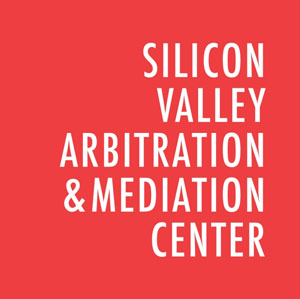Disputes involving companies in Europe, the Americas, China, India and elsewhere in Asia and Oceana.
International arbitration is a special form of arbitration developed for international business. It is used where the parties are citizens of different countries or where there is some other international component to the parties’ dispute. Professionals associated with SVAMC conduct international arbitrations involving technology and business-related disputes worldwide.
Like U.S. arbitration, international arbitration offers resolution of disputes by arbitrators rather than courts. International arbitration practice and procedure is particularly designed however, to meet the requirements of cross-border commercial dispute resolution, and includes practices and procedures to enhance neutrality and protect against local legal and cultural biases.
International arbitration relies on rules specially developed for international disputes and is built on a framework based upon international treaty protections which enforce arbitration agreements and Awards. International arbitration is typically sited in jurisdictions favorable to international dispute resolution and are decided based on applicable U.S. or foreign substantive laws.
International arbitration can be conducted under the direction of an international arbitral institution. The arbitral institution will administer the proceeding, including overseeing appointment of the arbitrator(s) if needed. Alternatively, international arbitration can be conducted on an ad hoc basis without the direction of an arbitral institution.
Although reliance on a single arbitrator in an international dispute is not uncommon, large international disputes are typically conducted by three member arbitration panels, with each party typically selecting one of the three arbitrators and the party-appointed arbitrators jointly selecting the Chairperson.
International arbitration is conducted using procedures designed to meet the legal and cultural expectations of the particular parties involved, be they from common law, civil law or other legal system backgrounds. For example, most international arbitrations are conducted with little or no “U.S. style” discovery.
A significant advantage of international arbitration over court proceedings is that, unlike court judgments, international arbitration Awards are generally enforceable worldwide.
It makes strategic and economic sense to have a technology dispute arbitrated in the Silicon Valley rather than going to another country and relying on a foreign arbitratlon panel – or trying to enforce a U.S. court judgment in a foreign court.
SVAMC recommends that international arbitrations be administered by recognized international arbitral institutions. Arbitrations may be conducted under the rules of leading international institutions including the rules of the International Centre for Dispute Resolution (AAA/ICDR), the ICC International Court of Arbitration (ICC), the London Court of International Arbitration (LCIA), the World Intellectual Property Organization (WIPO) or leading regional centers in Europe and Asia. Alternatively international arbitrations may be handled on a non-administered basis under The United Nations Commission on International Trade Law (UNCITRAL) or on a non-administered or partially administered basis under rules offered by several of the leading international providers.
SVAMC can guide parties on whether a matter is suited for international arbitration. SVAMC members regularly serve as international arbitrators in U.S. and non-U.S. proceedings.
Explore Tech List Practice Focuses
